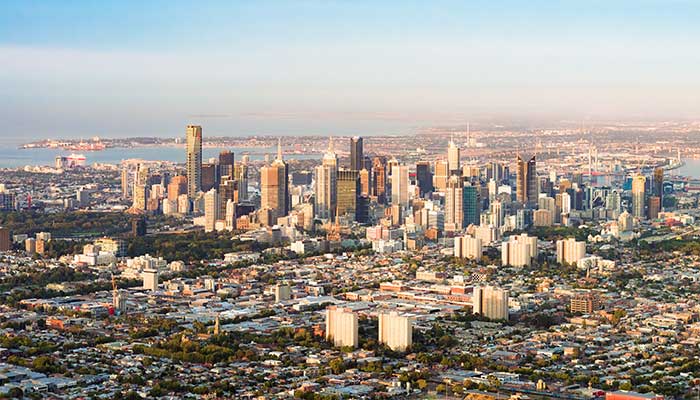web_melbourne_istock-493534522.jpg

Melbourne, Australia. ©iStock
The federal budget published yesterday proposed $250 payments to pensioners and people receiving state support, a $450 increase to tax relief and low- and middle-income earners, and a six-month 20-cent reduction in fuel duty.
The tax breaks costing a combined $8.6bn (£4.9bn) will be offset through greater income stemming from a better-than-expected Covid-19 recovery giving the Treasury an additional $104bn of funding by 2025-26.
Speaking in parliament yesterday, treasurer, Josh Frydenberg, said: “Despite the challenges, our economic recovery is leading the world. This is not a time to change course.
“This is a time to stick to our plan.
“A plan that delivers cost of living relief now. A plan that creates jobs for the long-term.”
The opposition Labor party criticised the short-term support package, adding it has been driven by the forthcoming general election in May.
Anthony Albanese leader of the party told state media company ABC News, yesterday: “This has all the sincerity of a fake tan, this is a plan for an election, not a plan for Australia's future.
“I think people will see it for what it is, but of course, we will not stand in the way of cost-of-living measures.”
The budget also committed $132bn (£75bn) to healthcare in 2022-23, an increase of almost $10bn on 2021-22, including additional funding for care reforms and the extension of Covid-19 funding.
The 2020-21 deficit is $52.7bn lower than was expected around six months ago at last year’s Budget, assisted by more people in work and less people on welfare, the government said.
Net debt increased to $617bn, 30% of GDP in June 2021, and is set to peak at 41% in 2025, before declining to 37% of GDP at the end of the medium-term, the budget said.
This compares to the forecast peak of 43.8% of GDP from last year’s budget, the government added.
Economists at advisory firm Deloitte said that additional public spending including the one-off payments and tax cuts will cost $39bn next year.
Although the financial position is better-than-expected, the firm in its post-budget analysis that the government could still face issues with balancing future budgets.
The report said: “These new policies reflect the political reality of an imminent election.
“While the resultant deficits are $104bn smaller than they used to be over the next five years, they are still large. They do not yet fully reflect some known knowns, including cost pressures in both defence and social services.
“Frustratingly, neither side of politics has been engaging the nation in a discussion over the choices we will have to make to return the budget to better health.”













